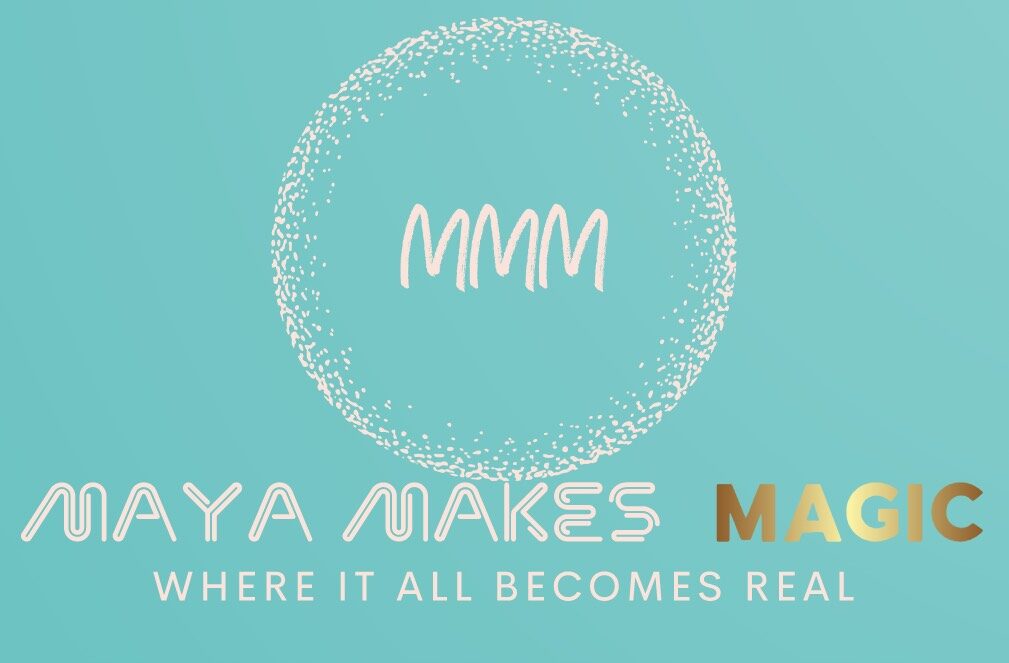The Real Enemy
Proposition: Technology has worsened the quality of human life. The addiction to technology has increased the likelihood of mental health disorders, provided availability for negative learning processes, and exposed individuals to multiple safety risks.
In a conducted experiment, 70% of these participants expected to feel depressed, helpless, and panicked if their phone went missing. When all of the material we need for our assignments is available online, why not cheat? Personally, I even find it to be so much easier to just copy and paste with ctrl-c and v. Our technology has grown so endlessly over history and we humans have used these tools under our influence in ways of destruction. When I was younger, I mastered cursive and handwriting, performed mental or written math, played outside, and established physical connections with others. Now, it almost seems as though the simpler route was chosen, and a lovely routine was gradually disturbed. Technology has worsened the quality of human life. The addiction to technology has increased the likelihood of mental health disorders, provided availability for negative learning processes, and exposed individuals to multiple safety risks. Learning barriers and manual skills continue to decline. Minors are exposed to vulnerability and explicit content. The attention put into our phones, can start to rely on others feedback to define our own self worth.
Studies have shown the amount of disorders brought upon from using and surrounding oneself with technology. According to a research published in the International Journal of Child Health and Human Development, 30 percent of the 1,500 children who spent more than three hours online had depression. Among other mental problems caused by computers is a new type of stress called “smartphone stress”. It is caused by notifications (or their absence). Sufferers are in constant anticipation of a message or e-mail. The popularly used phrase, FOMO (fear of missing out), is linked directly to intensive social media use. It refers to a situation when a person is flooded with content of friends, colleagues, or even influencers doing exciting things while their life or activities seem mundane and somewhat worse. It is especially harmful at a young age, as even though people are aware that the content they see is just a set of highlights of someone’s life, it leaves them feeling lonely and lacking on a subconscious level. Chronic Smartphone Stress is a newly discovered problem of digital usage, wherein constant notifications and interactions with the digital tools is establishing new stress-fear memory pathways in the brain. The part of our brains that normally deal with higher level thinking shuts down under such fight-flight states and costs us brain power and time. A study of teenagers aged 15–16 found that those engaging in digital media for longer times had an increased chance of developing symptoms of attention-deficit hyperactivity disorder (ADHD). Social media is not only home to the majority of online bullying, it is also often criticized for providing an idealistic view of reality, making people feel insecure, lonely, isolated, or jealous when comparing their lives to those of the people they follow. Whether family and friends, celebrities, or ‘influencers’, those glossy photos and happy captions provide an unrealistic picture of what happiness and success look like.
Continuing the evaluation, education has now become a regularized way of ignoring basic skills and being conditioned intellectually. In a survey, around 60% of respondents claimed that it hampered students’ capacity for critical thought and homework performance. While analytical and critical thinking abilities appear to be declining, plagiarism and cheating have increased. This is endangering the capacity for thought in the next generation. Additionally, 76 percent of educators thought that the internet was conditioning children to look for quick solutions, which was causing them to lose focus. A lack of critical thought regarding the origins and value of information, as well as an inability to “mine for data,” might result from quick access to information. Accordingly, individuals who multitask excessively have a propensity for skimming instead of in-depth reading and analysis. This leads to problems with focus. Dexterity is reportedly another area that has suffered from increased technology use. With so many people using computers and tablets and machines replacing craft in many areas, the fine manual skills connected with handwriting are reportedly disappearing. As a result, a large portion of the population may lack the manual abilities required for some occupations. The manual abilities we are beginning to lose can be developed by keeping your hands busy with anything tangible, such as sewing, painting, creating models, carving wood, or cutting paper.
Overall, Individuals are more exploited as a consequence of the loss of privacy. Due to the prevalence of explicit content online, youngsters who have unrestricted technology access will inevitably be exposed. Most sites that don’t display this don’t offer any form of age blocks, meaning kids could easily view them. Also, children can easily be manipulated by malicious individuals online into sending explicit images of themselves. These individuals can use your kids as a source for your financial and security information. 39% of teens admit to have sent sext messages, and almost half of the teenagers have received digital messages containing nudity. Cyber-bullying is just one area that contributes to a poor outcome from technology when it comes to emotional and mental well-being. The offenders use text messages, social media, forums and any other messaging platform available to them to reach out to their target. A Florida University study in 2017 found that 34% of school students had been the victim of cyber-bullying at some point in their lives, with 17% experiencing it within the past 30 days. Today it’s easier than ever before to find someone’s personal information. The borders of privacy have been blurred significantly via the use of social media, tracking cookies and opaque privacy policies. Information obtained in this way can be used by hackers for a wide range of schemes and scams, leaving internet users vulnerable to phishing, hacking, and virus attacks.
Of course, technology has a variety of benefits and has changed the world infinitley. Don’t people get congratulated on less honorable work? Isn’t it practically daily these days that a new millionaire influencer joins the ranks of those who post dancing videos on tiktok? The complete origin of going out to work in some sort of space, and working your hands raw or introspective thought. This has long since been lost and replaced with the notion that working from home is better because it requires no effort. How much of our time is taken by electronic devices though? Students and teachers both educate themselves through virtually or on a device. Every night, most individuals lose hours of sleep from staying up to watch TV or get distracted on their phones. Hours of screen time is being used and the light is forever stuck to our eyes. Do we have a better attention span compared to before we used technology? Switching our attention between social media, smartphones, tablets as well as TV, radio, or other media harms our ability to complete simple tasks – something that is correctly recognized by 67% of the public. In early 2021, one study even showed that over-reliance on technology has shortened our attention span from twelve minutes to five minutes. People who are online an average of 5 hours a day have trouble remembering people’s names. Technology has had the tendency to increase our absent mindedness.
The entirety of technology is an extremely controversial topic. It’s expected for hostility from how regularly used it is. But, we have summarized some important factors that negatively turn into problems. First, the horrible mental health disorders that have been established on our people. Second, the learning barriers between generations are now severely declining from benefitting. Lastly, the outrageous lack of privacy and information that is widely exposed. Technology reliance has raised the likelihood of mental health issues, allowed for a negative educational process, and introduced people to a number of safety concerns. In our world, we have the beautiful advantage of being able to practice the expectations we set for ourselves. Let’s dive back into the routine drilled in us from our youth. The beauty in hard work, the amazement of the outdoors around us, the basics we can consume. Choose to utilize technology in a healthy way, but engage yourself in the quality of life you can live. Ask yourself, is technology used, or abused?
Works Cited
Lakshmi. “Negative Effects of Technology and How to Overcome Them.” Mobicip, 1 Feb. 2021, www.mobicip.com/blog/negative-effects-of-technology.
Howells, Natalie. “Technology: A Positive or Negative Influence on Society?” Medium, 5 Jan. 2022, medium.com/@natalie_2231/technology-a-positive-or-negative-influence-on-society-ab91057f1934.
Paterska, Patrycja and EL Passion. “Positive and Negative Impact of Technology on Society – elpassion.com.” El Passion, 26 Nov. 2021, www.elpassion.com/blog/positive-negative-impact-of-tech-on-society.
Team, Kidslox. “Top 5 Negative Effects of Technology You Don’t Even Suspect.” Kidslox, 13 May 2022, kidslox.com/guide-to/top-5-negative-effects-of-technology-you-even-dont-suspect.
Porter, Alfonzo. “The Problem With Technology in Schools.” Washington Post, 28 Jan. 2013, www.washingtonpost.com/blogs/therootdc/post/the-problem-with-technology-in-schools/2013/01/28/cf13dc6c-6963-11e2-ada3-d86a4806d5ee_blog.html.
Erinfolami, Keyede. “6 Negative Impacts of Technology on Children (and What You Can Do).” Make Use Of, 15 Oct. 2021, www.makeuseof.com/negative-impacts-of-technology-on-children. Accessed 9 Feb. 2023.

